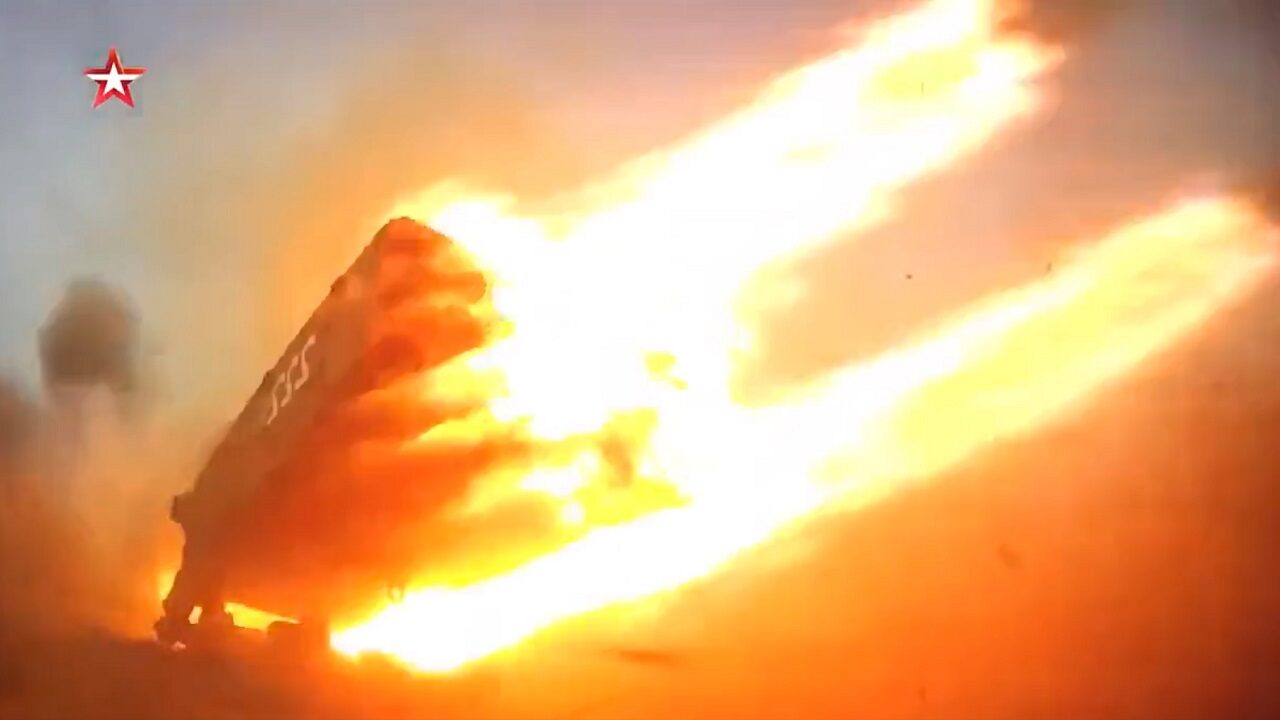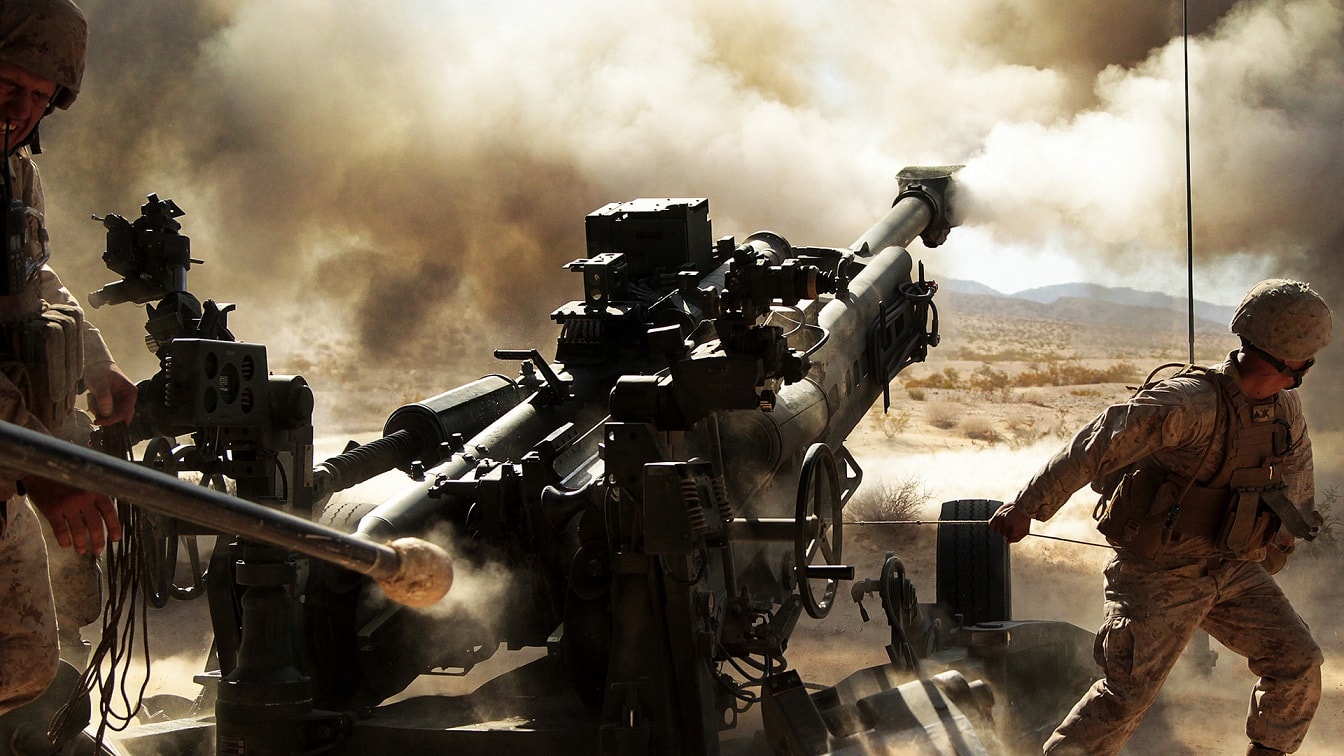This month is the third anniversary of the Russian invasion of Ukraine. The war has bogged down into a stalemate. Russia can make incremental progress, but only at the cost of enormous battlefront losses. Those losses are so severe that even Russia’s North Korean ally—notorious for its human rights abuses and disinterest in its people’s lives—has evinced concern for the enormous losses its foreign legions have suffered.
Given these trends—small Russian gains for large losses—the decisive question of the war now is, how long Russia can sustain these casualties without elite or population pushback? Russia is not an open society. Population unhappiness and humanitarian costs can be repressed. Russian President Vladimir Putin has staked his reputation on the war and likely will not compromise. He will insist on fighting to the bitter end. However, Russian elites must see and fear the opportunity costs of a long and costly war for small gains. Can they encourage Putin to seek a deal where Russia only wins what it has conquered, giving up Putin’s original goal of overrunning most of Ukraine?
How Long Can Russia and Ukraine Carry High Losses?
Russia is now economically cut off from the world’s wealthiest economies and the advanced technologies they develop. The country increasingly depends on China as an economic lifeline; it is now clearly the junior partner in their ‘axis of resistance.’
Russia is now in a war economy, which helps it win the conflict but with lost economic growth and investment at the long-term cost. Russia’s GDP has already fallen out of the world’s top ten biggest economies. It is now smaller than Canada or Italy. Long-term military power is a function of national wealth, and rebuilding Russia’s conventional military will take years if not decades. Worse, its battlefield performance has been so poor that countries will not fear it as they once did.
Unfortunately for Ukraine, the war’s medium- and long-term costs to Russia will probably not rescue it in the short term. Ukraine is economically and demographically much smaller than Russia. Manpower and weapons deficits, in particular, have been a considerable challenge.
Without a draft and foreign assistance, Ukraine almost certainly cannot win and will probably slowly lose territory as it has in the last year. Western aid to Ukraine has been erratic and poorly organized. Kyiv has received all sorts of incompatible weapons systems, and deadlines for assistance have often slipped. American aid is unlikely to be renewed by the new American administration of President Donald Trump. The European members of NATO are unlikely to make up the difference. This is likely why Ukrainian President Volodymyr Zelensky is looking for a peace deal.
Ukraine War: How Will it End?
Trump’s election has been heralded as a change in the war’s course. Trump promised to end the war in a day. He has long had a curiously close relationship with Putin, whom he obviously admires. Trump also does not care for Zelensky. Conventional wisdom last year was that Trump would cut off the Ukrainians to force them to negotiate.
Trump does not care much for United States alliances or the liberal internationalist values that undergird them. He and many in his ‘Make America Great Again’ movement are sympathetic to Russia.
But this friendship with Putin does not seem to have returned any substantial flexibility on the war. The most apparent deal is a cease-fire, which makes the current frontline the de facto border. That would be a moderate victory for Putin. But those territorial gains are minor given Russia’s losses, so Putin probably wants more.
Similarly, Zelensky can be threatened with a cut-off of US aid, but Trump cannot eliminate Ukrainian nationalism, which has bolstered the war effort through the ups and downs of the Western aid debate. Ukrainians are now willing to cede some land to end the war, but probably not enough to satisfy Putin.
If Trump can somehow end the conflict, the likely result is a shaky cease-fire along the line of control. But this will just pause the war. So long as Putin is alive, he will hanker to win more in order to justify the war’s enormous sacrifices back home.
Indeed, Putin would likely face internal criticism for getting so little in exchange for huge damage to Russia’s economy and military. Conversely, Ukrainian opinion will likely turn bitter, seeing the partial defeat in the war as a Western betrayal of their sovereignty. The permanent loss of territory will go down hard, especially given how Russia took it and extraordinary violence against Ukrainian civilians in conquered areas.

Russian TOS-1 Rocket Artillery. Image Credit: YouTube Screenshot.
In short, without greater movement by both sides’ leadership—which Trump probably cannot get from either of them—the war will not end so much as freeze. Ukraine will join the growing list of Russia’s ‘frozen conflicts,’ which Russia uses to destabilize its neighbors. Ukraine will resent this, and the Europeans will have yet another reason to fear Russia under Putin.
Western relations with Russia will worsen, and even Trump will not be able to fix that.
About the Author: Dr. Robert E. Kelly
Dr. Robert E. Kelly is a professor of political science at Pusan National University. Kelly is also a 19FortyFive Contributing Editor. You can find him on X: @Robert_E_Kelly.

